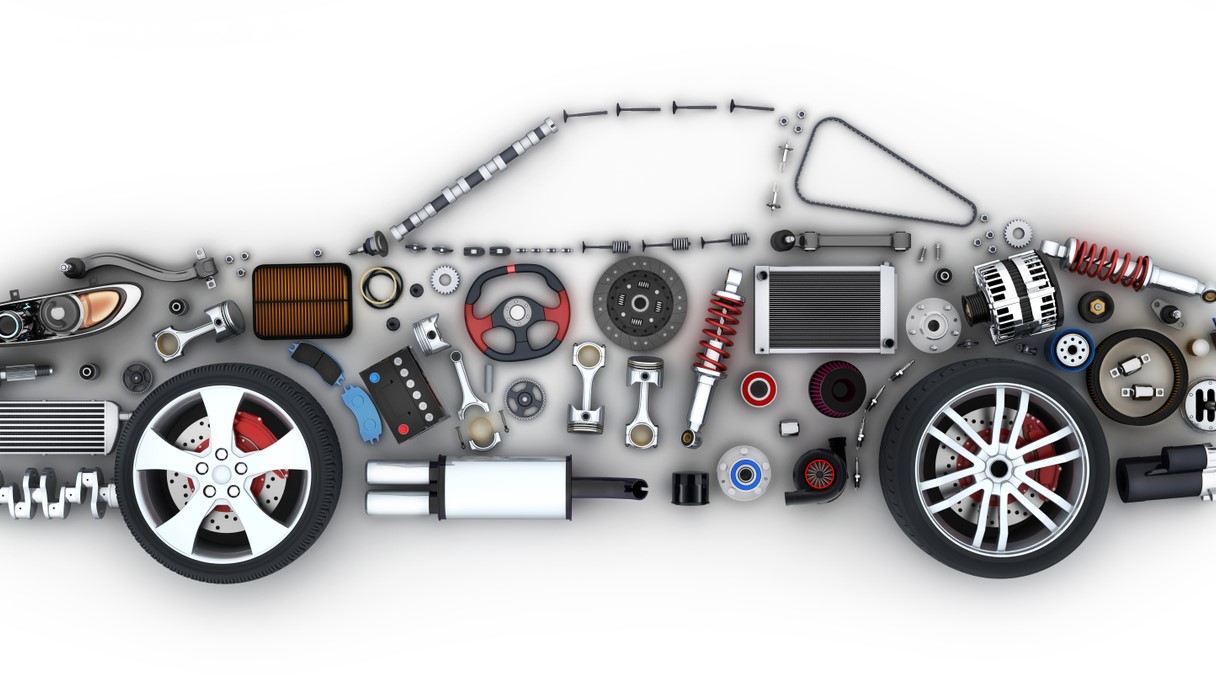

Foreign automakers are reportedly seeking delays and exemptions to India’s new quality rules for imported auto parts. According to them, regulations on imported auto parts will increase the costs of finished products, hurt sales, and disrupt the overall supply chains, said the sources with direct knowledge of the matter.
India’s Hon’ble Prime Minister Narendra Modi is keen to implement new planned regulations to curb imports and boost local manufacturing in line with his self-reliance programme. However, the move is primarily aimed at slashing the amount of lower-quality imports from China.
{alcircleadd}
"There is short term pain but there is long term gain," Commerce Minister Piyush Goyal told an auto convention last week, saying India has become a dumping ground for low-quality goods by not having standards similar to other countries.
New rules mandating stricter quality checks for various auto parts have been flagged in stages since early this year. Now tighter regulations could be introduced for wheel rims with effect from October 1, which would require an audit of the rims' manufacturing plant, according to a draft government notice.
Commenting on this move, four auto executives told Reuters that premium brands like Daimler’s Mercedes-Benz, BMW, and Audi would suffer the most as they have the highest ratio of imported parts.
"It's just an additional compliance burden and will not lead to higher local production because the volumes for luxury are too small to achieve economies of scale," said one of the executives on the condition of anonymity.
It has been pointed out that although luxury carmakers account for less than 1 per cent of India’s annual passenger car sales in terms of volume, they contribute roughly 10 per cent in terms of revenue.
Also, executives from premium German brands as well as Volkswagen AG, Ford Motor Co, and Toyota Motor Corp have had several rounds of talks with government officials in recent weeks, said sources.
Martin Schwenk, head of Mercedes-Benz India, said in a statement to Reuters that additional requirements "will make low volume business unviable." His company is requesting a "reasonable time line for mid to long term implementation, and exemptions for low volume manufacturers in the short-term."
Besides, automakers are reportedly lobbying through the Society of Indian Automobile Manufacturers (SIAM) which is seeking up to a year to comply with the rules for higher volume vehicles were parts can be sourced locally. But for low volume cars such as luxury models and for parts which automakers import directly instead of sourcing via trade companies or vendors, the industry body is seeking exemptions.
Mercedes' Schwenk said the company addressed its concerns through SIAM to relevant authorities and "hopeful of a positive outcome."
Note to readers: AlCircle brings two-day event for aluminium industry players. We look forward to meeting you virtually at “Global Aluminium Expo 2020”on October 6-7, 2020. For registration, visit www.alcircleevents.com
Responses








